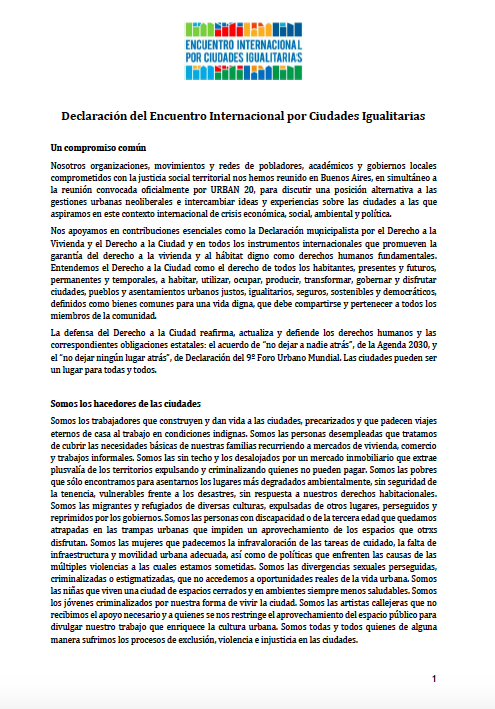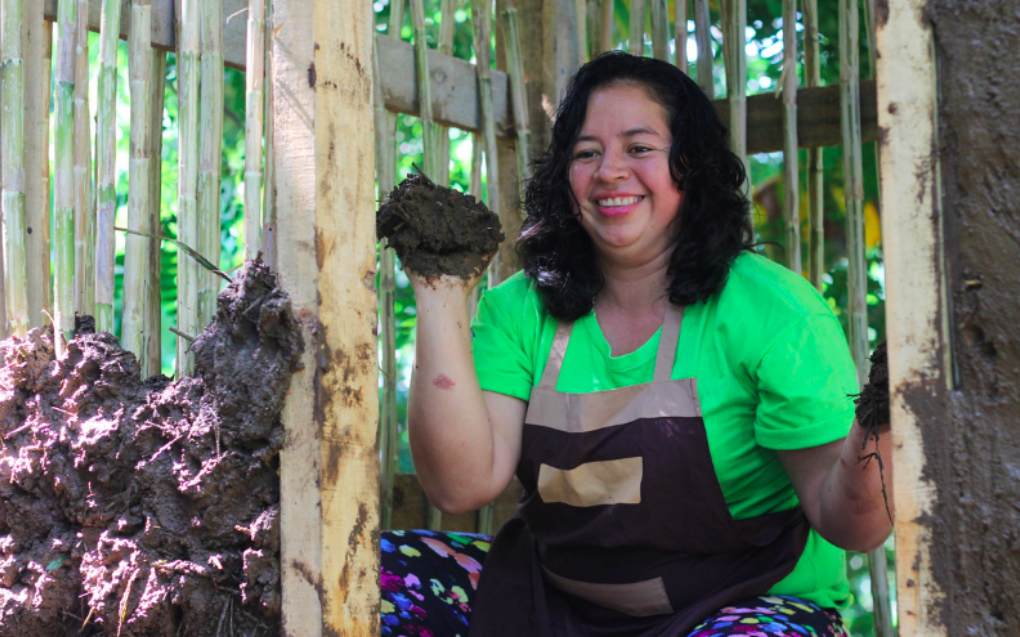In 1998 Nestlé choose Pakistan as country to roadmap its global water strategy in the bottled water market. It produced and introduced “Pure Life” as “a source of clean water. Bottled water is often the consumers’ choice for a healthy beverage that gives them a source of minerals, helps to prevent obesity, and in so doing, reduces the risk of associated healthcare problems.”
Nestlé’ bottled water is not affordable for the people in need of safe and clean drinking water, nor is it only sold in Pakistan. Nestlé contributes to the decrease of the ground water level, that dries local water provisions for the sake of profit. Finally, Nestlé’s use of groundwater obviously exceeding the renewable volume.
Nestlé’s engagement in Pakistan and business policies are in contradiction to its own self commitments with regard to human rights and the principle of sustainable use of resources as well as to its membership in the United Nations Global Compact.
The global water shortage of affordable and safe drinking water is manifested in Pakistan with an estimated 44 percent of the population without access to safe drinking water. In rural areas, up to 90 percent of the population may lack such access. As one indication of the magnitude of the problem, it is estimated that 200,000 children in Pakistan die every year due to diarrhoeal diseases alone. Groundwater extraction is one of the few possibilities to satisfy peoples need for drinking water. But groundwater extraction in Pakistan is unregulated and different users, such as public water providers, agriculture and industrial exploitation compete about the use of this scare source.
The entire study and Nestlé’s response can be found at:
* Weekly Update: Business & Human Rights Resource Centre (The top stories include / Las noticias incluyen / Les articles incluent)
The executive summary is available at the homepage of Swiss Coalition




